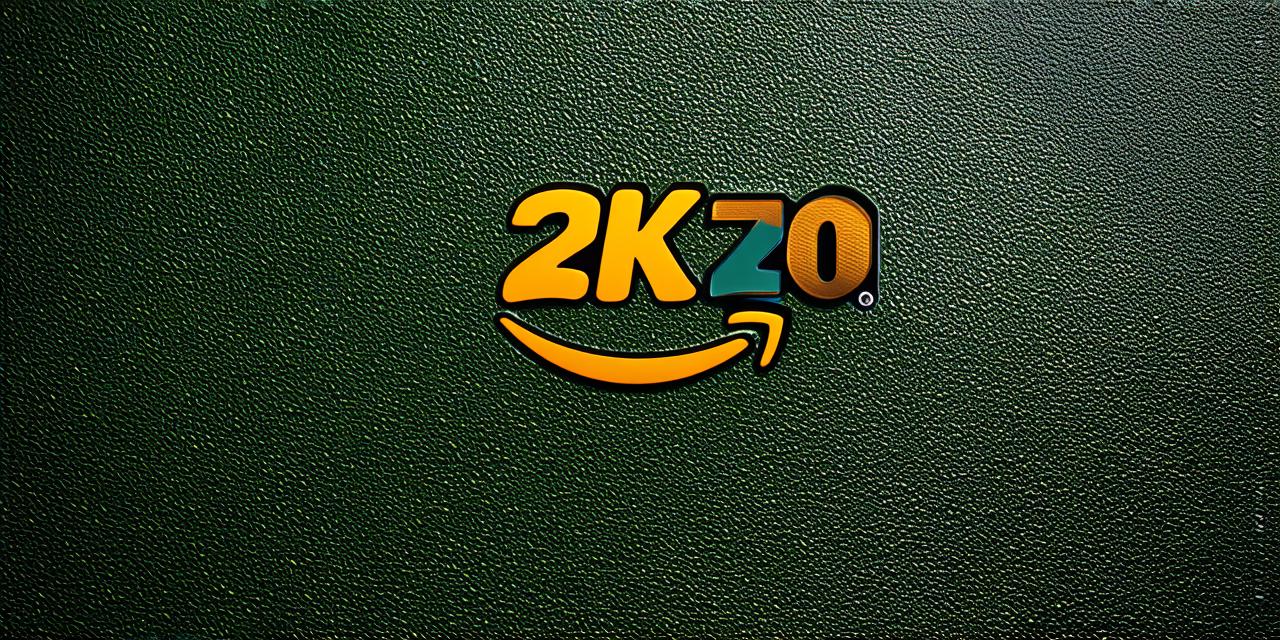Introduction
Amazon is one of the most successful businesses in history. With a market capitalization of over $1.6 trillion and operations spanning across more than 200 countries, Amazon has become an integral part of our daily lives.
What is Amazon?
Amazon is a multinational conglomerate that was founded in 1994 by Jeff Bezos. The company began as an online bookstore, but over the years it has expanded into one of the largest e-commerce platforms in the world. Today, Amazon operates in several different segments, including retail, cloud computing, and digital streaming.
Retail Segment
The retail segment is the most well-known aspect of Amazon’s business model. The company sells a wide range of products online, from books to electronics to clothing. Amazon has revolutionized the way we shop by offering a vast selection of products at competitive prices and delivering them quickly to our doors.

One of the key features of Amazon’s retail segment is its use of data analytics to personalize the shopping experience for customers. The company collects data on customer preferences and uses it to make personalized recommendations, making the shopping process more convenient and enjoyable for customers.
Cloud Computing Segment
Amazon’s cloud computing segment, known as Amazon Web Services (AWS), provides a range of cloud-based services that enable businesses to store, process, and analyze data. AWS has become a major player in the cloud computing market, with over 1 million active customers from around the world.
One of the key benefits of AWS is its scalability. Customers can easily scale up or down their usage depending on their needs, without having to invest in expensive hardware or worry about maintenance costs. Additionally, AWS provides a range of security features to protect customer data and ensure compliance with regulations such as GDPR and HIPAA.
Digital Streaming Segment
Amazon’s digital streaming segment includes Prime Video, Amazon Music, and Audible. These services provide customers with access to a vast selection of movies, TV shows, music, and audiobooks for a monthly subscription fee.
Prime Video is one of the most popular digital streaming platforms in the world, with over 175 million subscribers. The service offers a wide range of content, including original series like The Crown and The Marvelous Mrs. Maisel. Amazon Music and Audible are also highly successful, with millions of subscribers around the world.
Business Model
Amazon’s business model is based on several key principles. The first is customer obsession, which means that Amazon puts the needs of its customers above all else. This has led to a focus on convenience, speed, and selection in all of Amazon’s segments.
Another key principle is ownership and control of technology infrastructure. Amazon has invested heavily in developing its own technology, from its proprietary fulfillment centers to its cloud computing platform AWS. This allows the company to maintain tight control over its operations and ensure that it can quickly adapt to changing market conditions.
Finally, Amazon’s business model is based on long-term thinking and a willingness to invest in new technologies and markets. The company has consistently invested in research and development, as well as in emerging technologies like artificial intelligence and machine learning. This has allowed the company to stay ahead of the curve and maintain its position as a leader in several different industries.
Impact on Society and the Economy
Amazon’s impact on society and the economy has been profound. The company has revolutionized the way we shop, making it easier than ever for consumers to access a wide range of products at competitive prices. This has had a major impact on traditional retailers, many of which have struggled to compete with Amazon’s scale and convenience.
In addition to its impact on the retail industry, Amazon has also had a significant impact on the job market. The company employs over 1 million people around the world, making it one of the largest employers in the world. This has helped to create new jobs and stimulate economic growth in many different countries.
However, Amazon’s impact on society and the economy has not been without controversy. The company has faced criticism for its treatment of workers, including low wages and poor working conditions in some of its fulfillment centers. Additionally, Amazon has faced criticism for its dominance in several different markets, which has raised concerns about monopolies and market power.
Case Study: Amazon’s Impact on the Retail Industry
To illustrate the impact that Amazon has had on the retail industry, let’s look at a real-life example. In 2018, Sears filed for bankruptcy, citing competition from online retailers like Amazon as one of the key factors in its financial troubles. Sears had been a major player in the retail industry for over a century, but it was unable to adapt to the changing market conditions brought about by Amazon and other online retailers.
Amazon’s use of data analytics to personalize the shopping experience has also had a major impact on the retail industry. By collecting data on customer preferences and using it to make personalized recommendations, Amazon has made the shopping process more convenient and enjoyable for customers. This has helped to drive sales and increase customer loyalty.
Real-Life Example: The Rise of Online Shopping
The rise of online shopping has been one of the most significant trends in recent years. According to a report by Statista, the global e-commerce market was worth over $4 trillion in 2019, and it is expected to continue growing in the coming years.
One of the key factors driving this growth has been the convenience offered by online retailers like Amazon. Customers can shop from the comfort of their own homes, without having to worry about store hours or crowds. Additionally, online retailers often offer a wider selection of products than traditional brick-and-mortar stores.
Summary
Amazon is one of the most successful businesses in history. With operations spanning across more than 200 countries and a market capitalization of over $1.6 trillion, Amazon has become an integral part of our daily lives.


